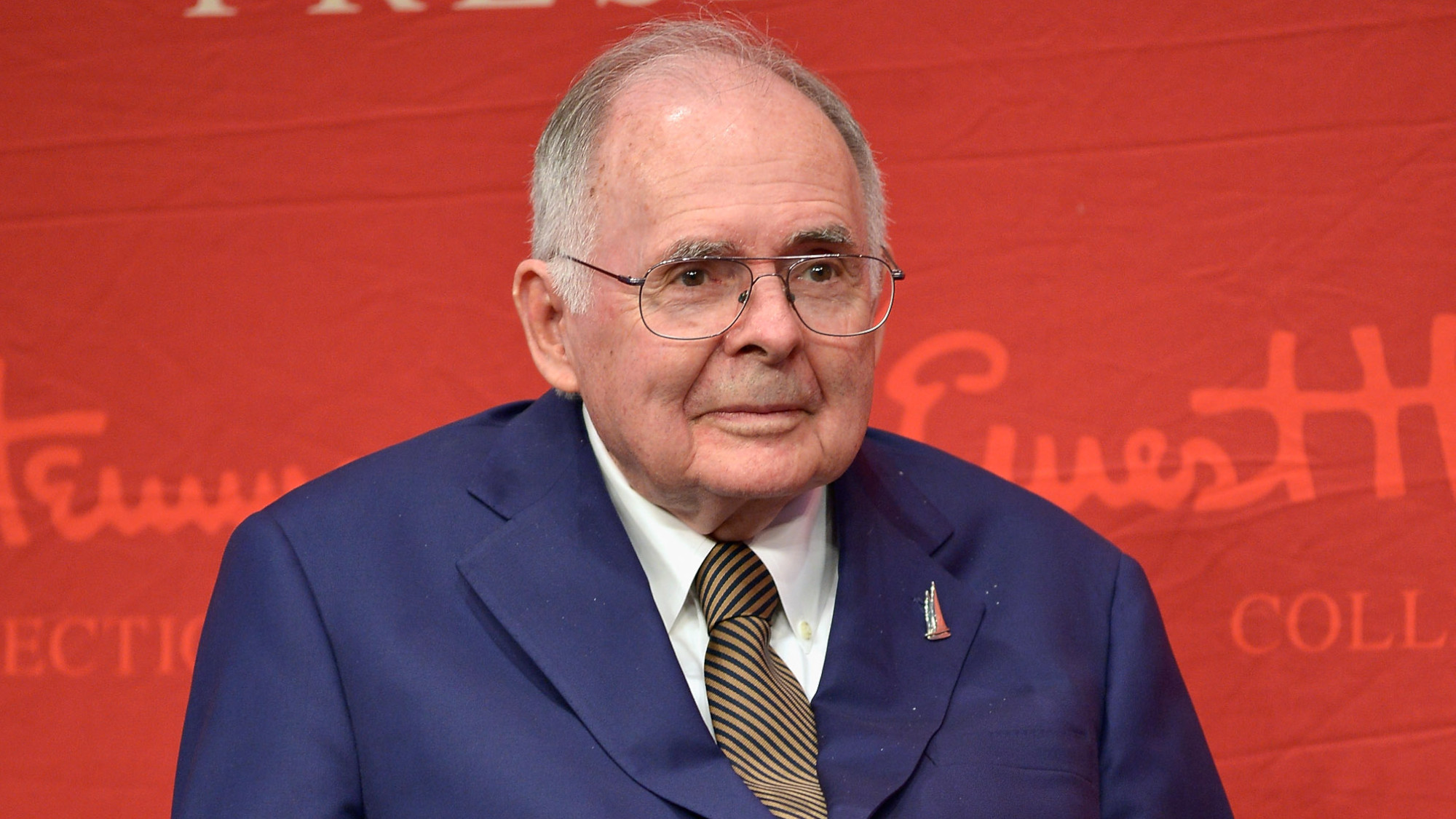Virginia Johnson, 1925–2013
The researcher who helped redefine sex
A free daily email with the biggest news stories of the day – and the best features from TheWeek.com
You are now subscribed
Your newsletter sign-up was successful
In the 1950s, there were few places where couples with sex problems could seek help. They could visit a priest and pray for enlightenment, or see a psychologist and be told that the trouble probably began with their mothers. That all changed in 1957, when a middle-aged gynecologist named William Masters recruited Virginia Johnson—later his lover and then wife—to work on a pioneering study of human sexuality. In their laboratory, they documented hundreds of couples at every stage from arousal to orgasm. Their groundbreaking findings, published in a series of popular and controversial books in the 1960s and ’70s, would permanently illuminate the once-taboo subject and, said Johnson, make their names as synonymous with sex as “Kleenex is to tissue.”
Johnson, who grew up on a Missouri farm, was a three-times divorced mother in her 30s when she went job hunting at Washington University in St. Louis, said The Times (U.K.). Masters sought a female research partner for his study on sexual stimulation, and Johnson—who said that sex was “never a problem in any of her marriages”—proved the perfect collaborator. While Masters was the main scientific mind, it was Johnson, her biographer wrote, who could persuade people “to drop their pants in the name of science.” Over the next decade, they observed 382 women and 312 men, aged 18 to 89, having sex or masturbating, recording every physical aspect of their responses.
In 1966, Masters and Johnson published their first book, Human Sexual Response. Written in dry, scientific language, it was nevertheless a sensation thanks to its shattering of numerous sexual misconceptions. Their research showed that, despite Sigmund Freud’s claims, there was no difference between a vaginal and clitoral orgasm, and that it was healthy for elderly people to have sex, said The New York Times. More books followed, and in 1978 they founded the Masters and Johnson Institute in St. Louis, which helped thousands of couples overcome sexual problems, said the Los Angeles Times. During their own marriage, which lasted from 1971 to 1993, the two were often asked how they kept their relationship harmonious. They replied that there was one subject they never discussed at home—politics.
The Week
Escape your echo chamber. Get the facts behind the news, plus analysis from multiple perspectives.

Sign up for The Week's Free Newsletters
From our morning news briefing to a weekly Good News Newsletter, get the best of The Week delivered directly to your inbox.
From our morning news briefing to a weekly Good News Newsletter, get the best of The Week delivered directly to your inbox.
A free daily email with the biggest news stories of the day – and the best features from TheWeek.com
-
 The ‘ravenous’ demand for Cornish minerals
The ‘ravenous’ demand for Cornish mineralsUnder the Radar Growing need for critical minerals to power tech has intensified ‘appetite’ for lithium, which could be a ‘huge boon’ for local economy
-
 Why are election experts taking Trump’s midterm threats seriously?
Why are election experts taking Trump’s midterm threats seriously?IN THE SPOTLIGHT As the president muses about polling place deployments and a centralized electoral system aimed at one-party control, lawmakers are taking this administration at its word
-
 ‘Restaurateurs have become millionaires’
‘Restaurateurs have become millionaires’Instant Opinion Opinion, comment and editorials of the day
-
 Catherine O'Hara: The madcap actress who sparkled on ‘SCTV’ and ‘Schitt’s Creek’
Catherine O'Hara: The madcap actress who sparkled on ‘SCTV’ and ‘Schitt’s Creek’Feature O'Hara cracked up audiences for more than 50 years
-
 Bob Weir: The Grateful Dead guitarist who kept the hippie flame
Bob Weir: The Grateful Dead guitarist who kept the hippie flameFeature The fan favorite died at 78
-
 Brigitte Bardot: the bombshell who embodied the new France
Brigitte Bardot: the bombshell who embodied the new FranceFeature The actress retired from cinema at 39, and later become known for animal rights activism and anti-Muslim bigotry
-
 Frank Gehry: the architect who made buildings flow like water
Frank Gehry: the architect who made buildings flow like waterFeature The revered building master died at the age of 96
-
 R&B singer D’Angelo
R&B singer D’AngeloFeature A reclusive visionary who transformed the genre
-
 Kiss guitarist Ace Frehley
Kiss guitarist Ace FrehleyFeature The rocker who shot fireworks from his guitar
-
 Robert Redford: the Hollywood icon who founded the Sundance Film Festival
Robert Redford: the Hollywood icon who founded the Sundance Film FestivalFeature Redford’s most lasting influence may have been as the man who ‘invigorated American independent cinema’ through Sundance
-
 Patrick Hemingway: The Hemingway son who tended to his father’s legacy
Patrick Hemingway: The Hemingway son who tended to his father’s legacyFeature He was comfortable in the shadow of his famous father, Ernest Hemingway